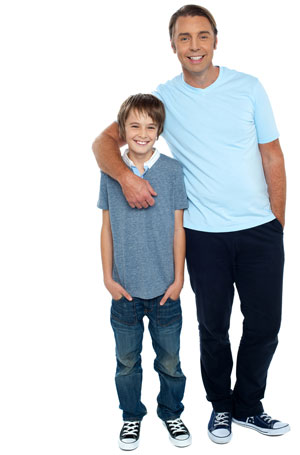The Office for National Statistics (ONS) has given an interesting insight into the legal marital status and living arrangements of people across England and Wales.
The statistics, which cover the years 2002 to 2014, show that:
- In 2014, 51.5% of people aged 16 and over in England and Wales were married or civil partnered, while 33.9% were single, never married.
- Between 2002 and 2014 the proportions of people aged 16 and over who were single or divorced increased, but the proportions who were married or widowed decreased.
- In 2014 around one in eight adults in England and Wales were living in a couple but not currently married or civil partnered; cohabiting is most common in the 30 to 34 age group.
- More women (18.9%) than men (9.8%) were not living in a couple having been previously married or civil partnered; this is due to larger numbers of older widowed women than men in England and Wales in 2014, says the ONS.
According to the statistics, the proportion of people who are single has increased steadily over time, from 29.6% in 2002 reaching 33.9% in 2014. This coincides with an increase in people cohabiting who have never married or civil partnered, as cohabitation has become more common as an alternative to marriage at younger ages.
The percentage of people who are divorced has increased slightly over the time period, which is apparently being driven by the population aged 45 and over, who have seen larger increases in the percentage divorced than younger age groups.
For those aged 45 and over this could be partly explained by a reduction in remarriages, so people are remaining divorced, says the ONS. It also coincides with the percentage of people who were widowed decreasing from 8.1% in 2002 to 6.5% in 2014, which is associated with continuing increases in life expectancy, particularly for men. This means that married people are living longer than before and so may divorce rather than become widowed.
Source: Office for National Statistics licensed under the Open Government Licence v.3.0.
Contact our specialist family lawyers and therapists
If you have a family dispute that needs resolving, we are here to help and look forward to your call. Please contact us on 01483 826 470 or complete our online enquiry form to the right of this page.


